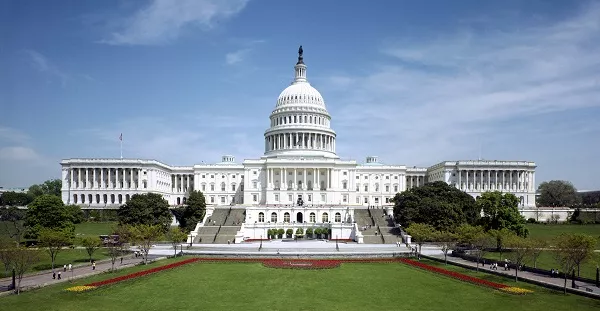Recently, four US Congressmen signed letters to the CEOs of meta, tiktok, youtube and twitter, urging them to archive any content uploaded to their platform that may be used as evidence of Russian war crimes

With the vigorous development of tiktok and more than 1 billion users, the rise of short video provides an unprecedented opportunity for people to see live pictures from the theater -- not to mention meta, youtube and twitter continue to attract users' attention. Congressmen Carolyn Maloney (Democratic New York), Gregory Meeks (Democratic New York), Stephen Lynch (Democratic Massachusetts) and William Keating (Democratic Massachusetts) believe that social media uploading can play a role in holding violators accountable.
Illustrated wartime videos are often deleted from social platforms because they may violate the terms of service that prohibit violent content. However, according to the report of Human Rights Watch (HRW) cited in these letters to the CEO, it is unclear what will happen if these videos are deleted from public applications. For example, Facebook said it would retain deleted data for at least 90 days, but Facebook told human rights watch that it sometimes retained data for longer periods when required by law enforcement.
"We are concerned that social media platforms... Do not have sufficient procedures to archive this content to provide it to international organizations investigating allegations of war crimes and other atrocities," the statement said
In particular, the four representatives called on these platforms to preserve and archive potentially useful content for a long time, coordinate with international human rights organizations to develop a legal and established way to share such content, improve the transparency of AI based content audit systems and how they interface with war content, and create a way for users to mark content that they believe may contain evidence of war crimes.
"Photos, videos and other content posted on social media increasingly support national and international accountability processes for serious international crimes, including judicial proceedings," Human Rights Watch (HRW) reported HRW noted that in Germany, Finland, the Netherlands and Sweden, at least 10 cases involved in war crimes in Iraq and Syria were persecuted using evidence from social media posts.
While such evidence can help the international legal system, these institutions must also be careful not to be confused by false information that may be used to promote false convictions. Since Russia's military action against Ukraine in February, many fake videos have been wildly circulated on social media. For example, the pictures of video games are said to be shot locally in Ukraine.